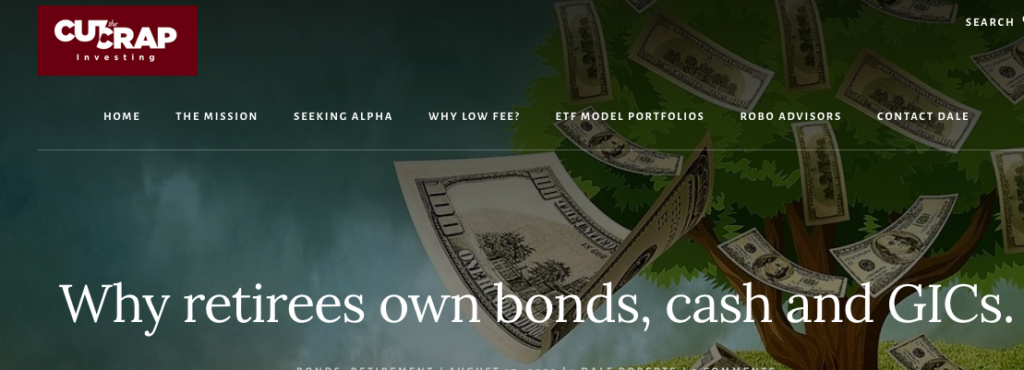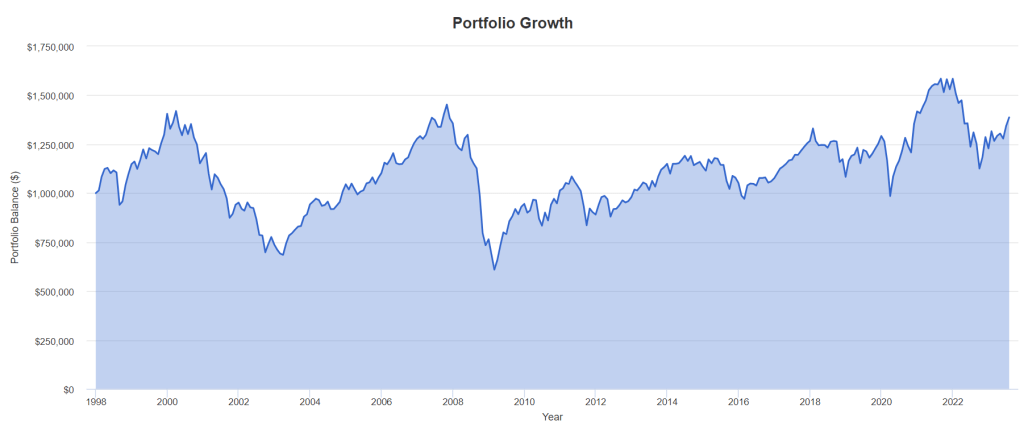I was recently asked that question, and it brought back a flood of memories from my “near-retirement” days.
I suspect most of us were nervous before we retired, but it’s not something we talk about. I believe there’s value in sharing the psychological journey in those final days before retirement. For folks nearing retirement, it’s reassuring to know they’re not alone.
Recently I had the opportunity to talk about it with a reader who is on the cusp of retirement. We had a wide-ranging discussion and the conversation became the trigger for today’s post. I suspect many of the questions he asked are also on the minds of other readers who are approaching retirement.
This one’s for you, Mike. Thanks for letting me share our discussion with the readers of this blog. I trust they’ll all benefit from our discussion…
Were you nervous before you Retired?
That’s one of the questions a reader, Mike, asked me on a recent phone call. Mike’s a month away from retirement and reached out to me a few weeks ago. I typically decline reader requests for phone calls (unfortunately, a downside of writing a blog with a large following). If I said yes to every request, I’d be spending far too much of my time helping folks on a one-on-one basis, time that could otherwise be spent writing and reaching thousands of people with the same effort. It’s a “scalability” thing, and I trust you understand.
However…there was something about Mike.
His initial email hit a chord with me. Here’s what he said:
Good morning Fritz,
Have heard you on several podcasts and just finished your latest discussion with Jason Parker. I will be retiring in January and your point about helping others hit a cord. I would love the opportunity to speak with you about your blog. I’m currently a financial advisor and feel there is a huge need for financial literacy for just about everyone. As a former teacher, my passion is teaching/sharing. Would like to understand better how you got started with your blog, what are some of the watch outs, and any other insights you could provide.
Thanks for your consideration and congratulations on living your best life!
What caught my attention? The fact that he didn’t ask a single financial question and was focused on helping others. He had some ideas about teaching/sharing and he was considering starting a blog. I appreciate readers applying the lessons I’m sharing in their lives and searching for Purpose in retirement. I also had a bit more free time than I usually do, so I agreed to a phone call.
Following are some of the highlights of our discussion, in no particular order. I trust you’ll find them of interest.

Questions From A Soon To Be Retiree
Should I start a Blog In Retirement?
My first reaction to any question that says “Should I start…” is to say yes. It’s critical, especially in early retirement, to foster your creative curiosity and try anything that interests you. Many won’t “stick,” but you’ll likely find a few that do. Once you’ve found one or two, you’re on your way to a great retirement.
Mike has a passion for teaching and is exploring various avenues to reach others. I strongly encourage anyone who has an interest in starting a blog to give it a try. 7 years ago, I started this blog on a whim. I’m 100% self-taught and technically inept. It’s easy to start a blog these days, with Bluehost and WordPress both designed for folks who have never built a website. Starting this blog is one of the best things I’ve ever done and has become a Purpose of mine in retirement. I hope it works out as well for others who are considering it.
That said, it’s important to consider your motives. If you’re doing it to make money, I suspect you’ll fail. For 3 years, I wrote every week without making a dime and only started adding those annoying ads when I retired. I get some complaints about them but believe I shouldn’t have to incur costs when there’s an option of generating some revenue for my “work.” As blogs grow, the costs increase (Mailchimp costs me $220/month based on my ~13k subscribers), and I felt it was time to at least cover my costs. Making money has never been my motive, and it shouldn’t be yours. Even now, after 7 years, the income from this blog basically pays my health insurance. Nice to have, but not enough to change our life. Unless you’re in the 0.1%, you won’t get rich writing a blog. Continue Reading…










